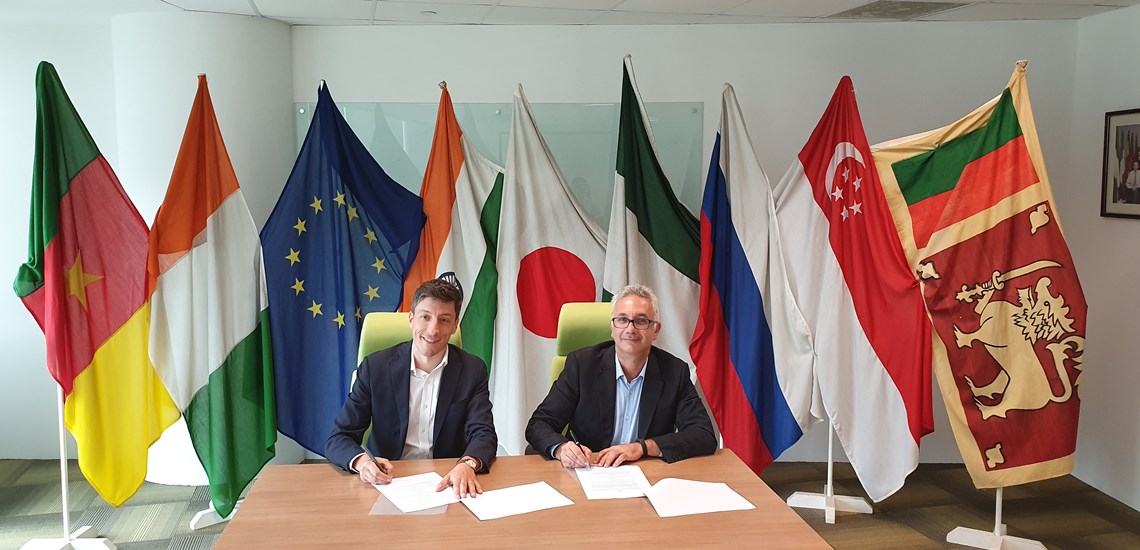In what will seem like a remote act, two rubber research groups have agreed to operate together to improve the sustainability of natural rubber.
For rubber recyclers of a political nature, there may be some mileage in bodies such as ETRA, BIR, RMA and others, approaching these groups and making the suggestion that one f the best ways of sustaining natural rubber is to extend its use through recycling. If we recycled half our rubber, then there would be a more sustainable pattern of rubber agriculture as a direct result.
The International Rubber Study Group (IRSG) and the Global Platform for Sustainable Natural Rubber (GPSNR) have agreed to build cooperation by signing a memorandum of understanding (MoU).
The MoU will have the aim of consolidating, developing and detailing the cooperation between the two organisations. It will also contribute to the effectiveness to achieve the organisations’ common objectives in the field of sustainable production and consumption of natural rubber.
The MoU signing took place at IRSG’s Offices in Singapore, on the 5th August 2019. The MoU was signed by Mr Salvatore Pinizzotto, IRSG Secretary General and Mr Stefano Savi, GPSNR Director.
The cooperation will have a focus on Sustainability in the Natural Rubber Value Chain, particularly in relation to socio-economic and environmental aspects linked to the natural rubber sustainable production and consumption. Immediate opportunities for collaboration have been identified in the following areas:
- Definition of Natural Rubber Sustainability and identification of appropriate standards, building on the activity carried out from IRSG in the SNR-i
- Natural Rubber Sustainability and socio-economic impacts on smallholders in producing countries.
- Land tenure right and sustainable income of smallholders in producing
- Impact of climate change in rubber plantations and mitigation of risk


















